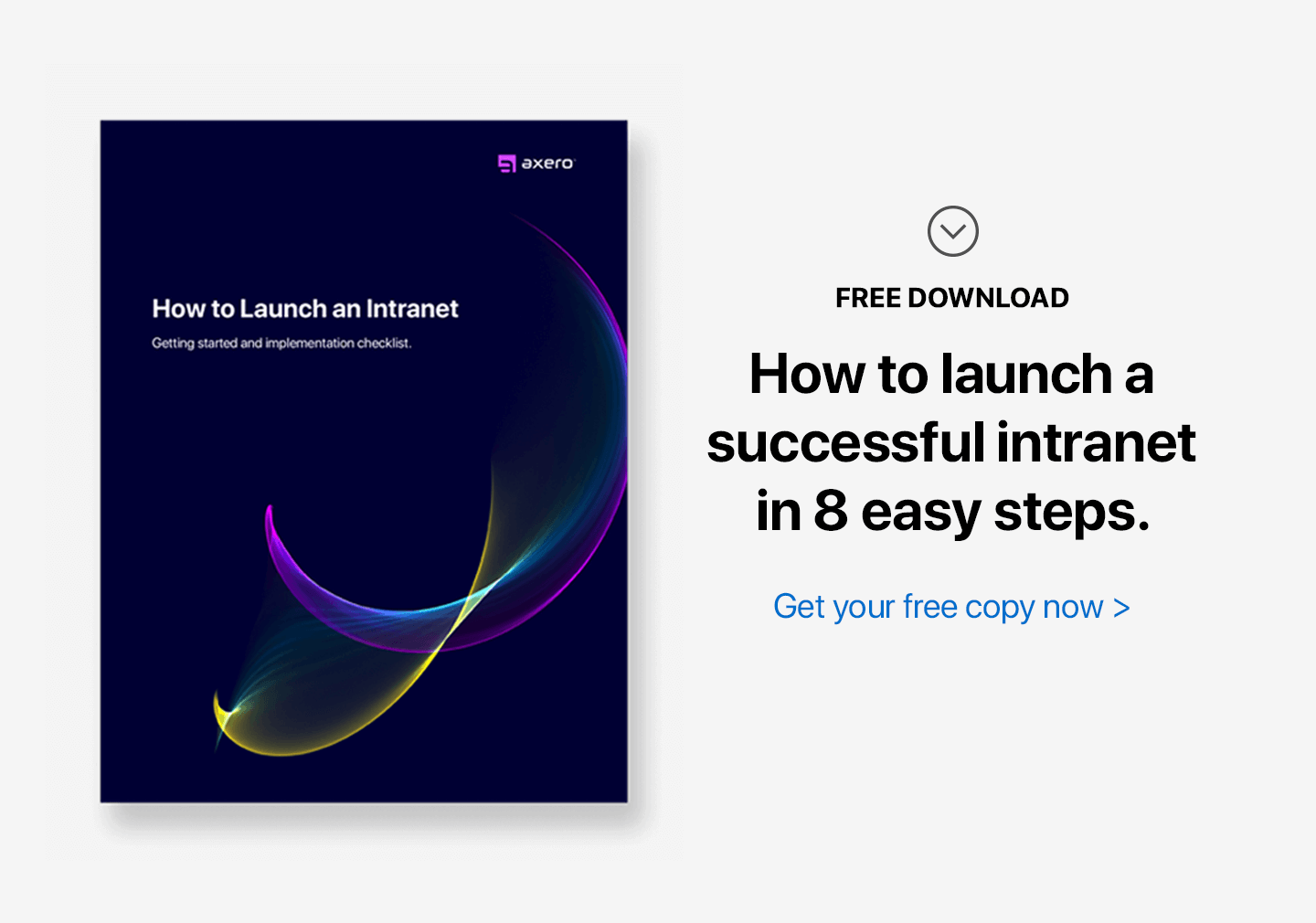
Stress.
— Manager
When I write about workplace challenges like this one, I try to go deep. I don’t want my readers to rush after a quick fix. I want you to pause and reflect on the underlying causes.
Today, I’ll break my rule and write a shallow post on stress. In part, because everything I’ve written so far, including my book and all my posts, points to one deep cause of stress in the workplace or another. If you want to go deeper, you’ll be studying psychology. Even deeper, and you’ll have to talk to an evolutionary biologist. And if you don’t believe in evolution, you can probably trace human stress all the way to the original sin.
Stress is a real challenge for a lot of managers, if not all. When left unchecked, it can have dire consequences. Not just for the manager, but his reports, customers, investors, and the entire company. A few posts ago, we talked about the fake account scandal at Wells Fargo. Many people, from the CEO down to the bank tellers were under so much stress that it looked like the whole company went off their rockers. Let’s make sure that doesn’t happen to us.
This manager’s comment made me ask myself: how do I deal with stress? I was thinking about work stress. But then I realized that my stress was not at work. It was in my head. Whatever its cause, it affected everything I was doing—work or otherwise.
Below is the list of things that perpetuate stress in your life and what you can do about it. In contrast to the usual ups and downs of life and work, these are constant and unconditional sources of daily stress. You can always count on them to amplify an existing tension or sprinkle fresh anxiety into your routine. I found that when I reduce this background “white” stress, I am much better able to deal with the stressors in the foreground.
Note: All of my friends, family, and my dates have snubbed their noses at every single piece of advice I am about to give you, and you are welcome to do the same. Just know that it works. If you’re tempted to reject it off the bat, ask yourself whether you like to have stress in your life. Some people get addicted to stress. The advice works on them too, but they’re less motivated to follow it.
Your Phone
Whether it’s on or off, your phone is a constant source of pressure. When it’s on, you feel obligated to answer it. Else, you owe the world an explanation for every missed call or text. Your friends know you always check your phone. What are they supposed to think when they don’t hear from you for five minutes?
When it’s off (is it ever off?), you feel separation anxiety, and you can’t wait to turn it back on. You may even experience withdrawal symptoms—unusual irritability, headaches, loss of appetite, explosive diarrhea, and loss of concentration. Your compulsive phone habits will not get any better unless you do something about them.
The best thing to do may be to have a talk with your phone. Gently explain to it that you need some space and that your relationship will only get better if each of you has some alone time. Then figure out what works for both of you. You could set it on mute most of the time. Or leave it in the car when you are out for a walk or dinner with friends. Start small and build trust for more extended absences. Stay with it, ignore setbacks, and eventually, you may last a whole day without your phone!
Starbucks Coffee
I’m not here to tell you to get off coffee. Or even to skip a day. I am a morning coffee addict myself, and I would post no such heresy on my blog. However, the other day, I had Starbucks, and I noticed something weird. I was bouncing off the walls for no reason. Next day, I made my own coffee, and I was fine. Day after that, I had Starbucks dark roast, no milk, no sugar, and again, I was bouncing off the walls… My point is (a) it’s Starbucks’ job to get you hooked, and (b) different brands of coffee may affect you differently. Pick the one that feels right and avoid the trap of ever increasing your sugar and caffeine.
News
Unfortunately, most news is no longer innocent entertainment or vital facts. Most news, political or otherwise, is something different. Like your phone and your coffee, it’s aiming for a quiet spot in the habit-forming part of your brain from where it can direct your next move.
That is annoying. Why would you want someone else’s agenda implanted in your brain when you already have things to do and people to fight? But it’s not half as bad as the tactic by which news outlets achieve their ends.
I read a BuzzFeed article about a media company that runs both liberal and conservative news sites. Its specialty: manufacturing outrage. Apparently, the company found economies of scale in spinning the same stories both ways and collecting clicks from both echo chambers.
Constant outrage may be good for news media and their sponsors, but it’s not so good for your stress levels. For this reason, I strictly limit my exposure to news of any sort. While your phone and your coffee at least serve a useful purpose, I am sad to say that news media does no such thing. Keep them out of your brain.
Toxic Relationships
Keep your relationships in good working order. If you’re married, watch out for any resentment building between yourself, your spouse, and your kids. If you’re single, be aware of what a new relationship brings into your life. Too much uncertainty, waiting around, or decoding text messages is a sign you’re heading for more stress. Cut your losses and make a U-turn. We could all learn to do this a little sooner in the relationship and a little earlier in life.
Toxic Work Relationships
Work relationships are more like a spouse than a third date. Avoid building resentment at all costs. Don’t make it all about yourself. Find out the other person’s real issue. It’s easier than you think. Even the hardened office politicians will tell you the truth if you show interest in their feelings. That’s the power of active listening. (I have a little more on active listening and work-relationship building in Who the Hell Wants to Work for You? Chapter 13, Help.)
Building a relationship with a coworker you blame for your stress may be the last thing on your mind. Unfortunately, even as managers, we cannot always cut a toxic personality loose, as we would a lousy date. At least, you are not blinded by love!
Your Endless To-Do List
This is the stress of knowing you have work to do. Maybe too much work. Or work you don’t particularly enjoy. It comes from the idea that you should be all done—but you aren’t. I have found an easy antidote to this particular brand of stress. I tell myself that work will always be there. I can break it into tasks, make a list, and check things off. But that doesn’t make work go away. It just makes me feel like I’ve accomplished something, if I care about that sort of thing.
Bad Thoughts
This last category is for any mental stress we haven’t covered above. I have bad thoughts all the time, and I used to think they were important. Now I know better. Most of my bad thoughts have no basis in reality. They’re just daydreams and fantasies with a negative spin. Sometimes, they are already there when I wake up in the morning. Something at work may trigger them, and they will seem legit—until I realize that they’re the same ones I had when I woke up.
When I have a bad-thought attack, I recite my two favorite mantras:
- There are no absolutes in this world; and
- Everything will be OK.
If the thoughts are really bad, I force myself to smile. I hold the smile as long as I can, and then I say it again, this time with a smile.
This is the part that gets me in trouble with my stress-addicted friends. “Really, Tim? Everything’s gonna be OK? That’s it?”
Yep. That’s usually how it goes.
The first mantra shifts the power away from my bad thought. The second one clears the way for a helpful one to take its place.
Bottom line, pay attention to your chronic “white” stress. Don’t welcome it into your life and don’t let it dictate your actions. Take care of yourself. Eat right. Exercise. Leave your house. Get fresh air. Rest well. And enjoy the real challenges life throws your way.
_____
If you dislike stress, you might like my book, because it’s a relaxing and refreshing read!











 info@axerosolutions.com
info@axerosolutions.com 1-855-AXERO-55
1-855-AXERO-55


